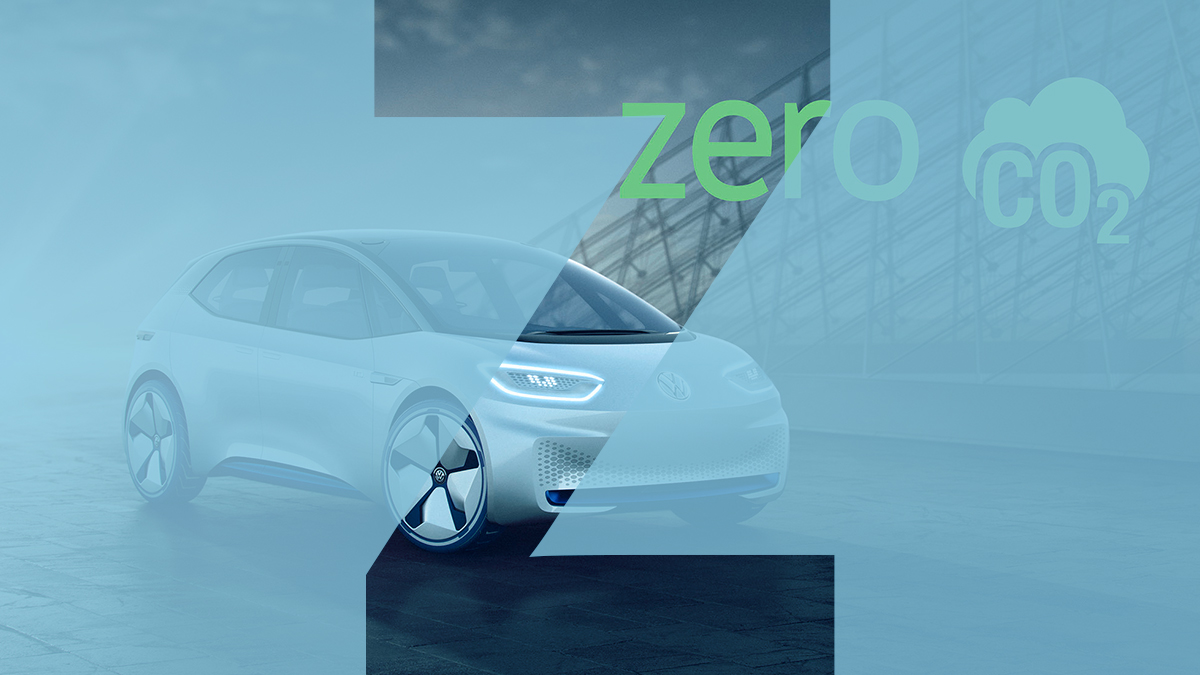
"Through CleanBC, we're supporting B.C. companies working on clean-technology projects, large and small, to help us reach our climate change targets," said Bruce Ralston, Minister of Energy, Mines and Low Carbon Innovation. "These three companies are working on smaller-scale technical projects that will have a huge impact on ZEV technology while creating good-paying jobs in the clean-tech sector."
Including CORE Energy Recovery Solutions Inc. (CORE), Ionomr Innovations Inc., and Zen and the Art of Clean Energy Solutions (Zen), 17 projects are receiving funding under the second ARC program funding call. The program invests more than $8 million for research and commercialization projects that span all transportation modes, from boats to electric bikes and aviation, and that benefit eight municipalities in B.C.
"B.C. companies working in the zero-emissions vehicle sector are significant contributors to jobs and economic opportunities for people in our communities," said George Heyman, Minister of Environment and Climate Change Strategy. "Through our CleanBC plan, we're supporting important advances for clean technologies that will reduce emissions in our transportation sector to expand and accelerate innovation."
CORE will receive $389,638 in funding through the ARC program to support the fabrication and production of prototype membrane humidifiers for hydrogen fuel-cell electric vehicles (FCEVs). Humidifiers are a crucial component to the overall system and performance of FCEVs. CORE will test and validate the prototypes with an automotive partner.
With $205,780 in support from the ARC program, Ionomr Innovations Inc. is manufacturing advanced ion-exchange membranes, which are materials used in FCEV power systems and in hydrogen production. Ionomr's project will enhance rapid prototyping capabilities to improve efficiency, lifetime and scalability in hydrogen fuel-cell power system technology.
Zen will receive $133,526 through the ARC program to enhance its ZEV route energy analysis modelling tool. The tool enables Zen to develop plans with customized and optimized technology choices for clients to deploy zero-emission buses and fuelling and charging infrastructure cost-effectively. Zen will further develop the model to improve accuracy and usability and adapt it for use with heavy-duty trucks.
These three ARC-funded projects will create and sustain approximately 13 new jobs.
The ARC program supports the electric vehicle (EV) sector in B.C. by providing targeted support for research and development, commercialization, and demonstration of B.C.-based EV technologies, services and products. This round of ARC project funding further leverages more than $18 million in industry and federal government investments and is expected to help create and sustain approximately 175 full-time-equivalent jobs.
The CleanBC Roadmap to 2030 is B.C.'s plan to expand and accelerate climate action building on the province's natural advantages - abundant, clean electricity, high-value natural resources and a highly skilled workforce. It sets a path for increased collaboration to build a British Columbia that works for everyone.
Melanie Mark, MLA for Vancouver-Mount Pleasant
"I am excited that local companies are at the centre of our efforts toward creating a low-carbon economy. Electric and zero-emission vehicles are key to this initiative and will help people throughout our community go green and reduce their carbon footprint."
David Eby, MLA for Vancouver-Point Grey
"Hydrogen fuel innovation is key to our progress in making clean energy more accessible for people. Investments in green energy not only bring jobs to our community but they enable us to create a brighter future for generations to come."
Ryan Huizing, director of research and development, CORE Energy Recovery Solutions Inc.
"CORE's goal in the fuel-cell electric vehicle market is to supply high-performance, cost-effective and long-lifetime humidifier components. This project supported by ARC will allow us to prototype our next generation of membrane-based fuel-cell humidifiers. These products, designed and manufactured in B.C., will have improved performance and manufacturability over current designs, which is critical to enabling our customers in commercializing systems for the fuel-cell electric vehicle market."
Bill Haberlin, CEO, Ionomr Innovations Inc.
"Ionomr Innovations is the type of new company and breakthrough technology that can provide cost, performance and environmental advantages for fuel cells, hydrogen production and carbon capture processes to truly help facilitate a speedy shift to the hydrogen economy. Ionomr's ion-exchange membrane and polymer technology is already well underway in its scale-up and commercialization efforts, with primary research and development and manufacturing facilities located in Vancouver, the global hub for fuel-cell and hydrogen-technology development."
Sabina Russell, principal and co-founder, Zen and the Art of Clean Energy Solutions
"Zen and the Art of Clean Energy Solutions is committed to working with fleet operators to transition to zero-emission vehicles. This transition is needed to reduce both greenhouse gas emissions and local criteria pollutants from the transportation sector. It's important to evaluate vehicle technologies under real-world duty cycles over a range of expected ambient temperatures to make sure the selected vehicle technology can do the job that is required, without operators experiencing range anxiety. Zen's validated route energy modelling tool allows us to help operators pick the best ZEV technology for their application, and we're excited to expand our capabilities from transit buses to the trucking sector."
Quick Facts
• The EV sector includes battery electric vehicles, plug-in hybrid electric vehicles and hydrogen fuel-cell electric vehicles, as well as companies and organizations involved in all aspects of the EV supply chain.
• The supply chain spans from raw materials to final consumer products as they relate to vehicles or vehicle components, fuel and infrastructure, and transferable technologies and services.
• B.C. leads North America in the transition to EVs with light-duty EV sales representing 13% of all new light-duty vehicles sales in 2021.